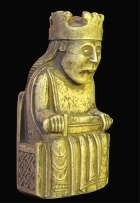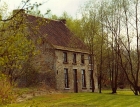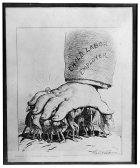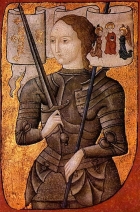Transition KS2-KS3
This section contains examples of projects and advice on securing continuity and progression across the primary-secondary divide. This is the responsibility of both primary and secondary school history teachers. Pupils need to be ready, by the end of Year 6, for history in Year 7, and courses for Year 7 need to build properly on the primary experience. This is extremely challenging because secondary school history teachers have and to take into account (currently very diverse) primary school starting points. Read more
Sort by:
Date (Newest first) | Title A-Z
Show:
All |
Articles |
Podcasts |
Multipage Articles
-

Before 1066 & All That: Transition between KS2 & KS3
Multipage ArticleClick to view -

Bringing together students from Bradford and Peshawar
ArticleClick to view -

Chata in a Nutshell
ArticleClick to view -

Cunning Plan 155: interpreting WW1 events
ArticleClick to view -

Extended Writing in History
Multipage ArticleClick to view -

Global Learning Programme
Multipage ArticleClick to view -

Historical Enquiries and Interpretations
Multipage ArticleClick to view -

History in England’s primary schools: What do secondary history teachers need to know?
ArticleClick to view -

How cruel were the Victorians?
Multipage ArticleClick to view -

Interpretation and poor Victorian Children
Multipage ArticleClick to view -

It's like they've gone up a year!' Gauging the impact of a history transition unit on teachers of primary and secondary
ArticleClick to view -

Joan of Arc - Saint, Witch or Warrior?
ArticleClick to view -

Key Stage 2-3 History Transition Project
ArticleClick to view -

Key Stage 2-3 History Transition Project Final Report
ArticleClick to view -

Learning to love history: preparation of non-specialist primary teachers to teach history
ArticleClick to view -

Living Museums and Victorian Britain
Multipage ArticleClick to view -

Myths and War Evacuees
Multipage ArticleClick to view -

Nutshell 121
ArticleClick to view -

Of the many significant things that have ever happened, what should we teach?
ArticleClick to view -

Progression & Assessment without Levels - Guide
Multipage ArticleClick to view

